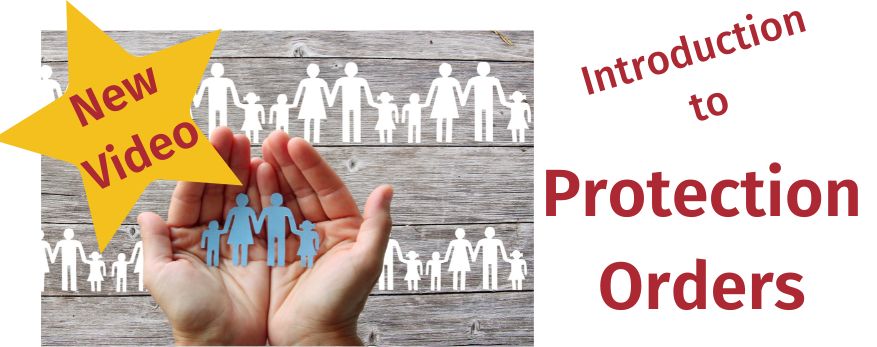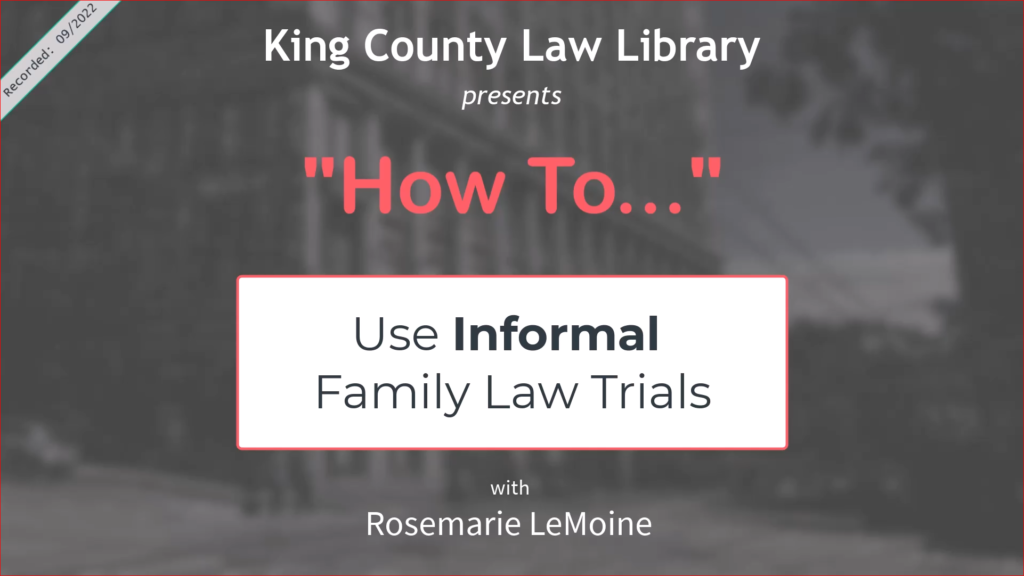
WE GET A LOT OF REFERENCE QUESTIONS AT THE KING COUNTY LAW LIBRARY.
THE REFRAIN GOES THAT BECAUSE WE AREN’T PRACTICING ATTORNEYS, WE CAN’T OFFER LEGAL ADVICE—AS LIBRARIANS, WE CAN ONLY OFFER RESOURCES.
THAT SAID, SOME QUESTIONS ARE VERY INTERESTING & INSPIRE ME TO DO SOME RESEARCH OF MY OWN, COLLECTED HERE IN THIS COLUMN. DON’T CONSTRUE THIS AS LEGAL ADVICE!
****************************************************************************************************************************************
It’s December! I have updated our KCLL Newsletter to the “winter theme” and am very much enjoying this snowy start to what is my favorite season. [I just looked and apparently some department head, King Winter, whoever, says that winter officially starts on December 21 (solstice). What a crock, right? If it were December 20th and you said, “What a lovely autumn day!” I would think you a psychopath and allow the widest berth possible… Winter obviously runs December 1 through the end of February.] Anyway, I love the cold, the rain, and the darkness, which I know is odd—I’ve heard it said that for someone who needs a compensatory reason to enjoy winter, they can think, “Well, you need the winter’s constant rain to have our amazing forests,” which is of course true, but I’m happy without such a justification.
That’s all to say, gratitude is on my mind. I’m grateful to see my warm breath in the morning. I’m grateful for personal and familial reasons that exceed the scope of this blog. And I’m grateful for my coworkers at the law library, who are kind and patient with me, and who are always a bastion of knowledge. Counting on my fingers and toes, between the six of us, we have 78 combined years of experience (with a tenure of less than three years, I’m obviously tanking the average tenure of ~13 years), which means that given any specific or oddball question, one of us has an answer, or a direction in which to look.
“But Ross,” you might ask, “would you stop dithering and tell us the precious Ref Q?” Well, the Ref Q is one simply answered, and frankly not the focus of today’s column in many ways:
I work for a bank that has foreclosed on a house. The [previous] owner won’t leave. Will your eviction packet work in this situation?
That’s the gist of the email I received. If you have some background in real property, the answer to this question is glaringly obvious. I’m going to spare you my research play-by-play to say: no, eviction is the process for booting someone when there’s a landlord-tenant relationship—ejectment is the correct process for this situation, which is a special type of proceeding (akin to quieting a title) under RCW 7.28. It’s, from what I’ve read since, a lengthier process vs. eviction. It’s also fairly complicated, so the querier was encouraged to seek counsel.
“But Ross,” you’re wailing through bitter tears, “what about the research lessons to be learned? Have you totally abandoned the thrust of this column?”
Rest easy, dear reader, because today’s lesson has arrived. I looked through our eviction packet, I looked through the Landlord-Tenant statutes, and I tried many search queries- to no avail. After a long while, I leaned over to ask a coworker and they immediately replied, “It’s ejectment, not eviction.” Again, this is probably obvious to those with a background, but I had never seen it before. My coworker had.
As I then read up on ejectment, I got a laugh out of the Washington Practice introduction on the topic (Real Estate: Transactions – Stoebuck/Weaver) and shared this quote with another coworker:
Not only that sentence and that section but the entire chapter are poorly organized, a patchwork quilt of several different actions, created at different times by the legislature and jumbled together in ways that often make it difficult to tell which provisions pertain to which actions.
That coworker replied, “Ejectment?”
And so, I’m grateful for institutional knowledge, a source of knowledge that I consistently fail to think of as foundational. It’s true that I often seek such input from my coworkers, despite my fear of being seen as an imposition—but it needs saying that for research purposes, people are as useful, if not more so, than any database. Relying on others is a good thing. Of course, something is gained in initially trying your own hand, and you should verify important information gained on your own, but there’s no use in beating your head against a wall when a colleague is happy to help.
My imagined, irate reader is now seething—was the point of this column really so obvious? To encourage asking for help? Yep! I’m a firm believer that the atomization of society won’t last, and there’s no future where we don’t embrace our need for one another. So go ahead, enter the hardware store and immediately flag down the nearest worker! Give yourself a shot on the assignment, but don’t fail to ask for your boss’ input! And if you’re at a research dead end, don’t hesitate to contact us at the law library! We’re happy to help.
Happy holidays!









